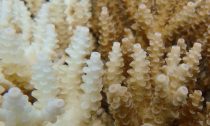
A simple but powerful idea is to improve the health of corals using cocktails of beneficial bacteria. The strategy is being explored as part of global scientific efforts to help corals become stronger, more stress resistant and more likely to survive bleaching events associated with climate change.
Corals rely on bacterial and algal symbionts to provide nutrients, energy (through photosynthesis), toxin regulation and protection against pathogenic attacks. This complex and finely balanced relationship underpins the health of the holobiont and coral reefs as a whole.
Rather like the use of probiotics in plant science to improve growth and resilience, marine scientist Raquel Peixoto believes that, in times of stress, corals could benefit from a boost to their natural symbiotic partners...
Read More

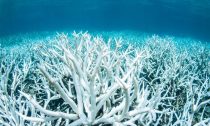
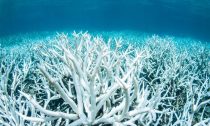
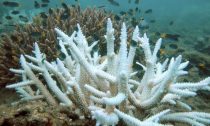


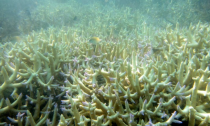


Social Profiles